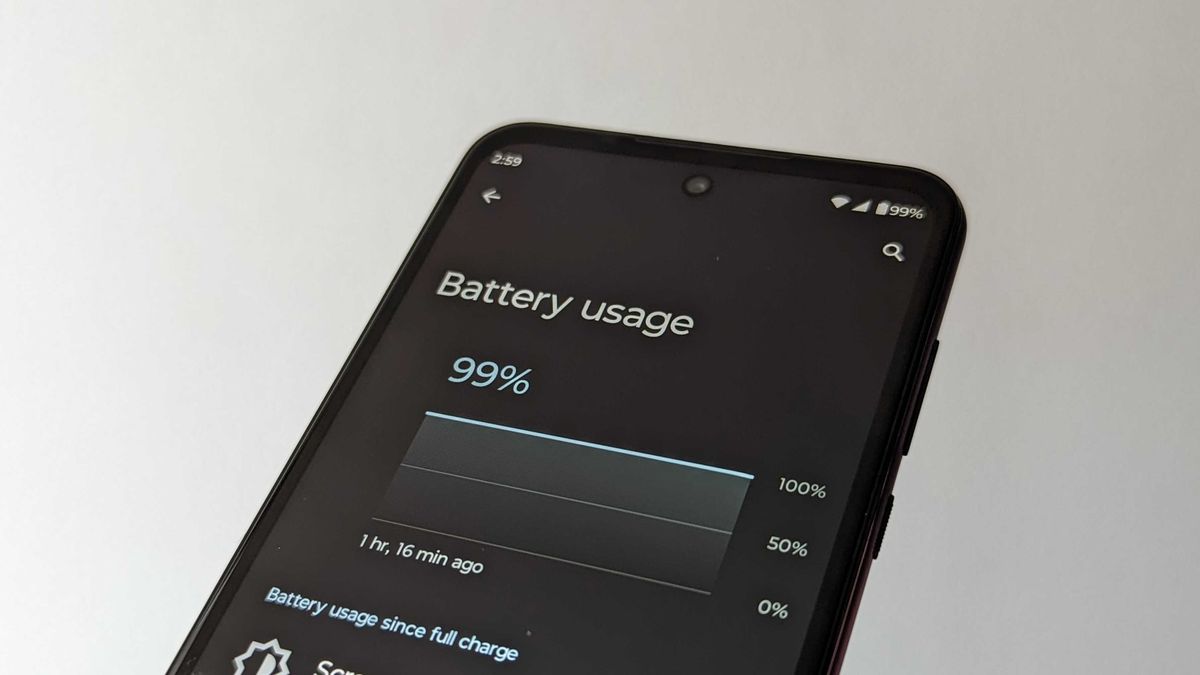Future smartphones might never need charging again thanks to this battery - 2 minutes read

What you need to know Betavolt Technology is working on a nuclear battery for various devices, drawing inspiration from long-lasting pacemaker and space components.The initial model, BV100, is a tiny 15 x 15 x 5mm battery providing 100 microwatts of electricity using radioactive decay, a novel approach typically deemed risky due to materials like Plutonium.Betavolt's solution involves a diamond semiconductor and a decaying nickel isotope, designed to avoid radiation emission or production of toxic chemicals.
A Chinese firm has introduced a type of battery that can supposedly keep various devices juiced up for a whopping 50 years without needing a recharge.
Betavolt Technology from Beijing claims to have pioneered the "miniaturization of atomic energy batteries." The startup crammed 63 nuclear isotopes into a module smaller than a coin, and its debut model, the BV100, is said to produce 100 microwatts of electricity (via Independent).
The nuclear battery can dish out a voltage of 3V and comes in a tiny package, measuring just 15 x 15 x 5mm. These little batteries can join forces in series to crank out more power, per the company. Betavolt envisions smartphones that stay charged forever with a nuclear battery, potentially rendering your favorite USB-C chargers useless in the future.
(Image credit: Betavolt Technology)These batteries use radioactive decay to generate electricity, similar to the technology in pacemakers and spacecraft. However, people haven't really used this technology before because the radioactive element, like Plutonium, was too risky.
To address safety concerns, Betavolt is building a version of this battery with a diamond semiconductor layer and a decaying nickel isotope. The company swears that there's zero radiation leaking out and no toxic chemicals in the mix—apparently, nickel-63 turns into copper.
Betavolt adds that its battery won't go all fiery or explode if you give it a shove, thanks to its layered setup. Plus, it's a tough cookie, operating in extreme temperatures ranging from a freezing -60 degrees Celsius to a scorching 120 degrees Celsius.
By 2025, the firm wants to create tiny batteries capable of producing one watt. According to Betavolt, these atomic energy batteries will be the go-to solution for endless power supply in all sorts of scenarios—think aerospace, AI gear, medical equipment, small drones, sensors, and micro-robots.
The prototype has graduated to the pilot stage, ready to hit mass production. But there's no timeline yet on when it's hitting the market.
Source: Android Central
Powered by NewsAPI.org